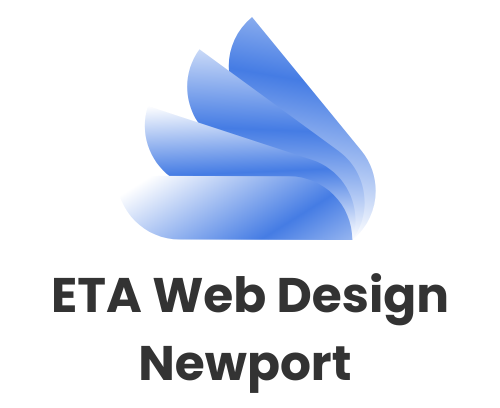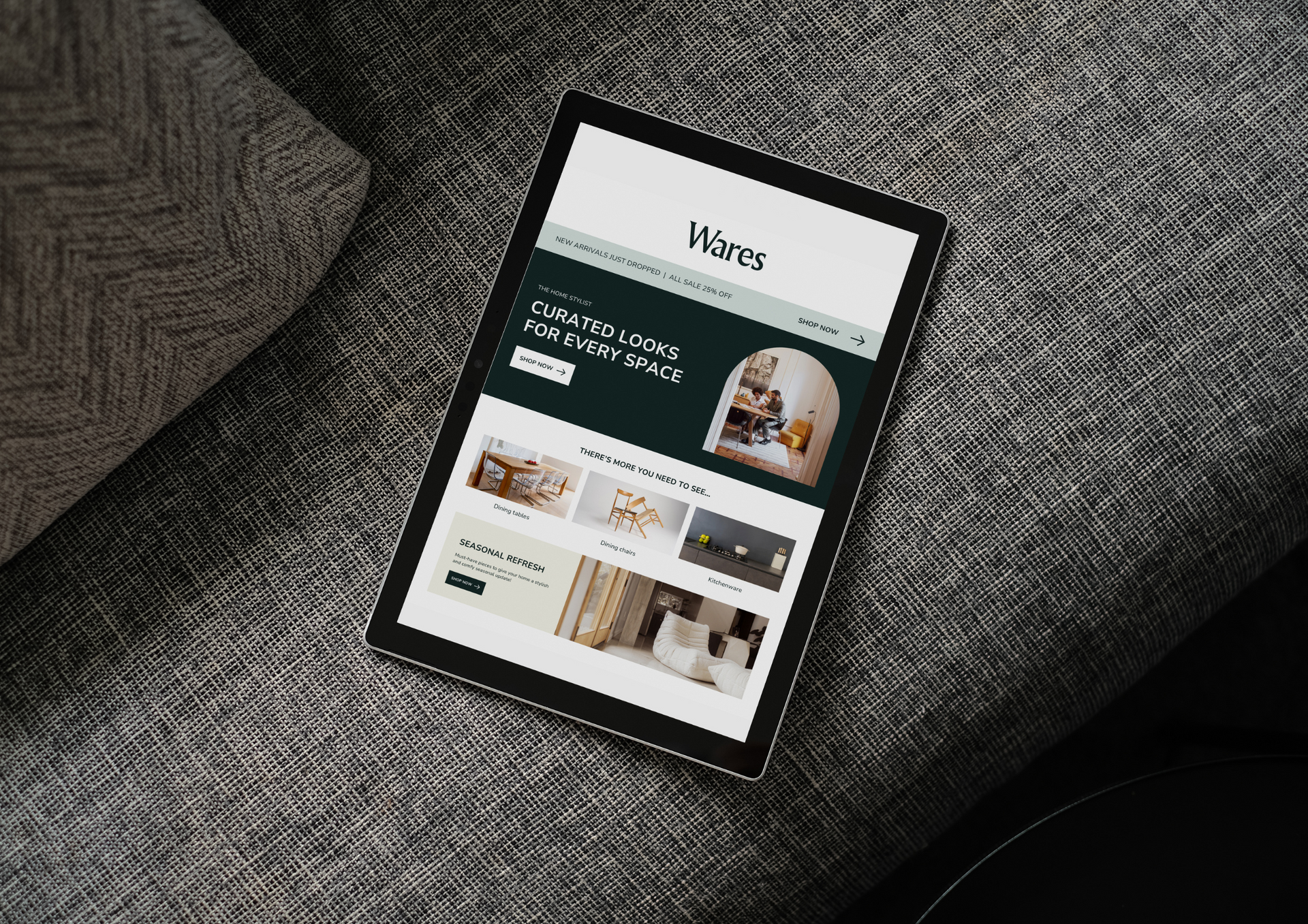In today’s fast-paced digital landscape, businesses across homeware, health and wellness, and retail sectors need websites that are not only visually appealing but also efficient, scalable, and user-friendly. Choosing the right framework for web development is essential for achieving this balance. The framework a business selects can influence the speed of development, the ease of future updates, and the overall user experience. With 2025 shaping up to be a year of even higher expectations for website performance, understanding the leading frameworks is critical for businesses seeking professional and results-driven solutions.
Frameworks provide a structured foundation for creating websites, making it easier for website developers to build high-quality digital experiences quickly. From front-end interactions to back-end functionality, these tools ensure that websites are both responsive and maintainable. For businesses aiming to stay competitive, investing in a framework that aligns with long-term goals can make all the difference.
In this article, we explore the five best frameworks for web development in 2025, highlighting their strengths and suitability.
React – Dynamic User Interfaces
React continues to dominate as a go-to framework for modern websites thanks to its component-based architecture and speed. Developed by Facebook, React allows developers to create reusable components, making updates and maintenance significantly easier. For businesses, this translates into faster rollout of new features and seamless user experiences.
One of React’s standout features is its virtual DOM, which optimises performance by updating only the parts of a page that change. This efficiency is invaluable for companies looking to maintain high website speed and responsiveness, key factors in retaining customer engagement. Additionally, React is highly compatible with other libraries and frameworks, offering flexibility for businesses with specific functionality needs.
React also shines when creating interactive and visually engaging interfaces, making it ideal for brands that want to showcase products, services, or content in an attractive manner. By providing developers with powerful tools, React ensures websites are not only functional but also user-friendly, improving overall satisfaction and driving conversions.
Angular – Comprehensive Framework for Enterprise-Level Projects
For more complex, structured projects, Angular remains a leading choice. Developed and maintained by Google, Angular is a full-fledged framework that uses TypeScript to enhance code quality and maintainability. Businesses with large-scale web applications benefit from its modular approach, which keeps projects organised and easier to manage over time.
Angular’s two-way data binding ensures that changes in the application are automatically reflected in the user interface, reducing development time and potential errors. This feature is particularly useful for businesses requiring robust dashboards, real-time updates, or complex forms. Angular also comes with built-in tools for routing, testing, and form validation, enabling website creation services to deliver high-quality results efficiently.
By combining flexibility with structure, Angular allows enterprises to develop scalable websites that grow alongside their business needs. Its long-term support ensures that websites remain up-to-date with technological advancements, making it a reliable choice for organisations aiming for professional and sustainable web solutions.
Vue.js – Lightweight and Flexible Option
Vue.js has gained popularity among businesses seeking a lightweight yet powerful framework. Known for its simplicity and ease of integration, Vue.js is perfect for projects where speed of development and flexibility are priorities. Its learning curve is relatively shallow, allowing developers to quickly implement features without compromising on quality.
Vue’s reactive data-binding system enhances user experience by ensuring that content updates dynamically, keeping websites responsive and engaging. For small to medium-sized businesses, Vue.js provides a cost-effective solution without sacrificing performance or aesthetics. This makes it an attractive option for companies that require adaptable websites without extensive overhead.
Moreover, Vue’s modular design allows developers to integrate it into existing projects with minimal disruption. Businesses leveraging website development through Vue can achieve professional results while keeping their projects manageable, scalable, and highly interactive.
Django – Back-End Powerhouse
While front-end frameworks handle user interface and interactions, robust back-end functionality is equally essential. Django, a Python-based framework, offers a secure, scalable, and fast solution for managing databases, server-side logic, and application security. Its “batteries-included” approach provides many built-in features, such as authentication, administration panels, and ORM, reducing the need for external tools.
Django’s security features protect businesses from common vulnerabilities, a crucial consideration for companies handling sensitive customer data. Its scalability ensures that as traffic increases, websites continue to perform reliably, making it ideal for fast-growing brands. Django also supports rapid development, allowing web development services to create functional, high-quality websites within tight deadlines.
Businesses that adopt Django benefit from its robust community and continuous updates, ensuring that their websites remain technologically current and secure. By providing both reliability and versatility, Django positions companies to deliver seamless experiences to users across all devices.
Laravel – Elegant PHP Framework for Full-Stack Development
Laravel has emerged as a preferred framework for full-stack PHP development, offering an elegant syntax and powerful tools for building maintainable, feature-rich websites. Its templating engine, routing system, and database management capabilities make it suitable for businesses seeking professional solutions that balance speed and functionality.
One of Laravel’s advantages is its focus on developer productivity, providing clear documentation and built-in solutions for common web application tasks. This allows website developers to work efficiently without compromising on code quality or performance. For brands aiming to deliver scalable websites with smooth navigation and robust functionality, Laravel is a reliable choice.
Additionally, Laravel’s ecosystem includes tools for testing, task scheduling, and security, enabling businesses to maintain high standards for both performance and user safety. By choosing Laravel, companies can achieve long-term success with websites that are both elegant and efficient.
Selecting the right framework for 2025 is a crucial step in building a successful online presence. React excels for dynamic user interfaces, Angular provides structure for complex projects, Vue.js offers lightweight flexibility, Django ensures back-end reliability, and Laravel delivers elegant full-stack solutions. Businesses across homeware, health and wellness, and retail sectors can benefit from these frameworks, creating scalable, high-performing websites that meet modern user expectations.
By understanding the strengths of each framework, companies can make informed decisions that align with their growth objectives, ensuring that their websites remain competitive, secure, and engaging in the years to come. Investing in the right web development framework is an investment in a brand’s digital future.
At
ETA Web Design Newport, we specialise in delivering professional, scalable, and results-driven digital solutions for businesses of all sizes. Our team focuses on creating websites that combine functionality, performance, and visual appeal, tailored to each client’s unique needs.
With years of experience in website creation services, we understand the challenges businesses face and provide trusted guidance at every stage. Our approach ensures that your website is not only technically robust but also aligned with your brand’s goals, enhancing engagement and driving growth.
Update on X:
Web development success in 2025 – frameworks that drive business growth!




